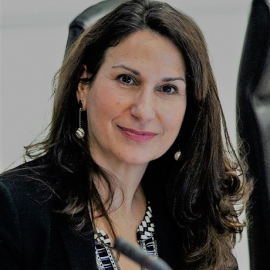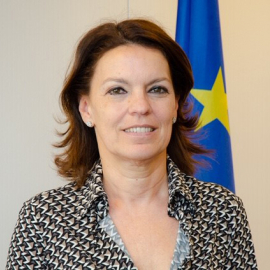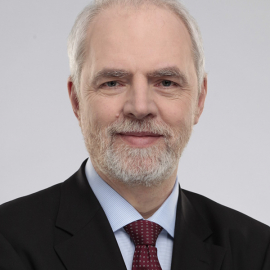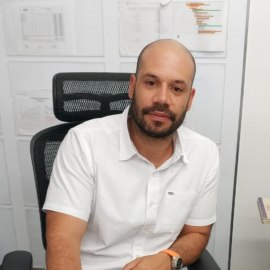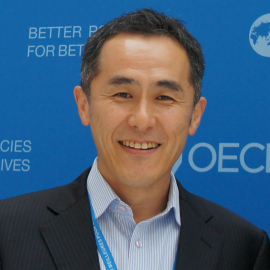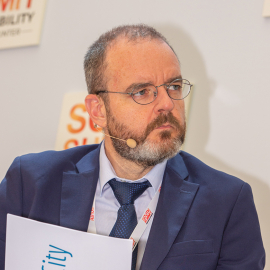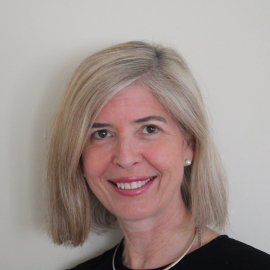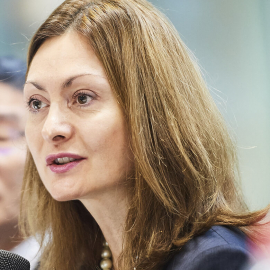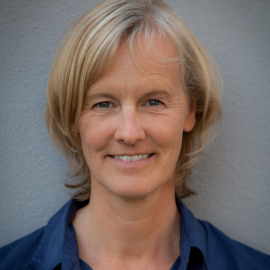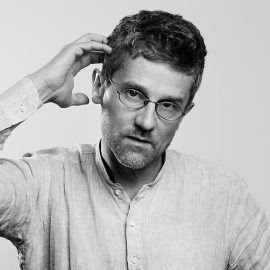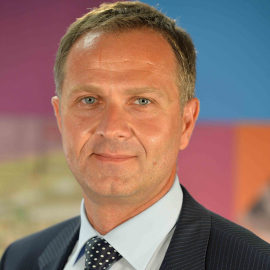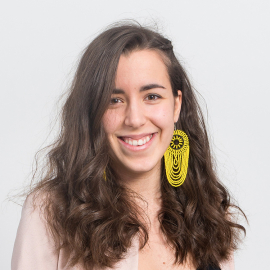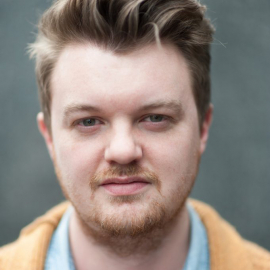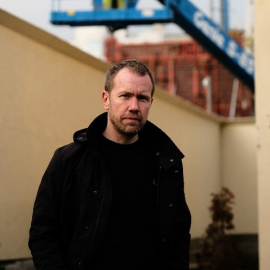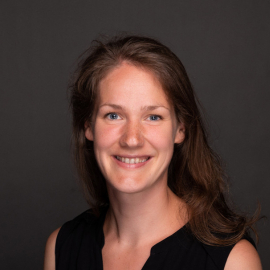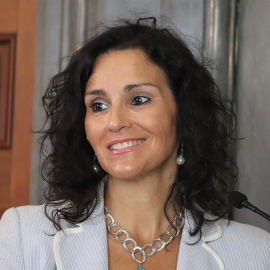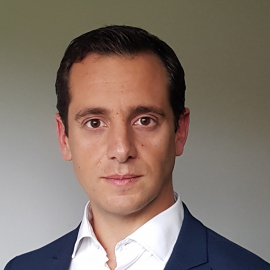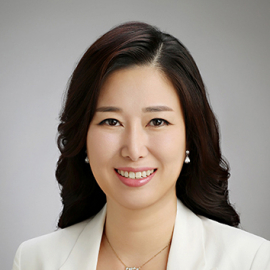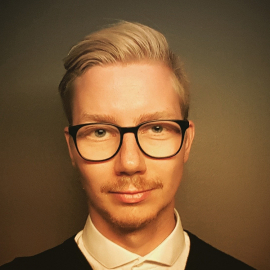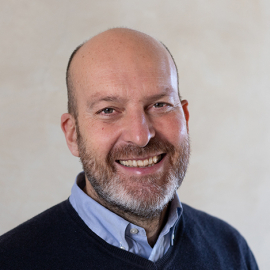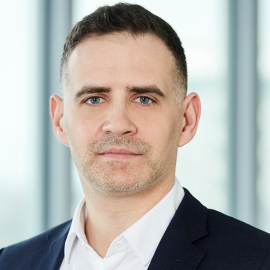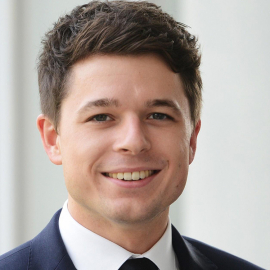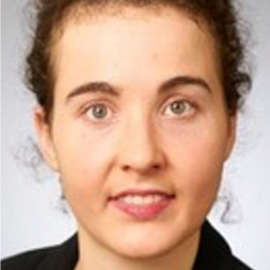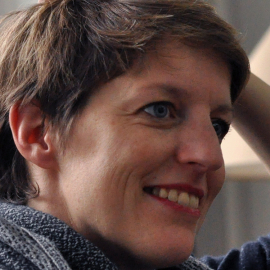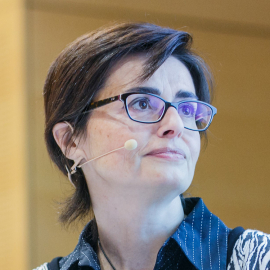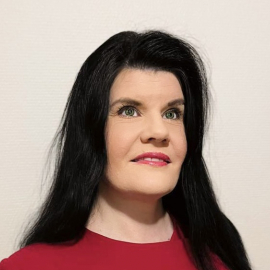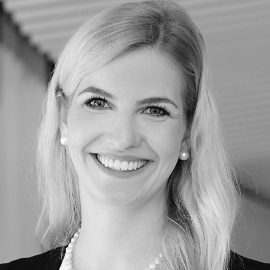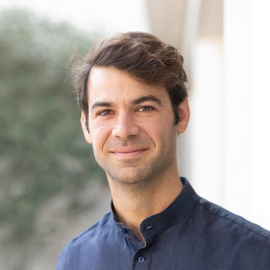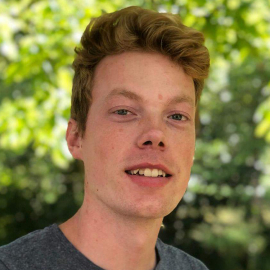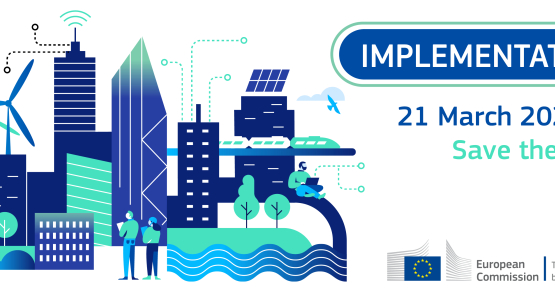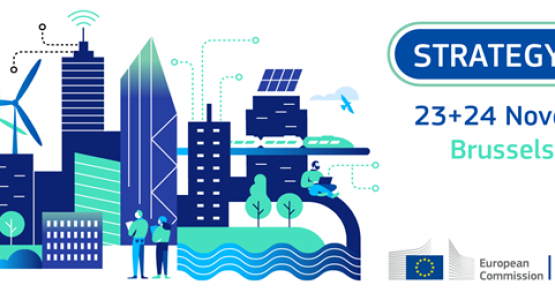Description
Read the reporting from the event:
1 June - Green Week partner event | Session open to the public
Moderator:
- Anna Athanasopoulou, Head of Unit Proximity, Social Economy and Creative Industries, DG GROW, European Commission
Keynote speech:
- Tadashi Matsumoto, Head of the Sustainable Development & Global Relations Unit, OECD
Speakers from ICC cities on:
- Michael Koh, Executive Fellow, Centre for Liveable Cities - City of Singapore, clean and green environment
- Rosa Väisänen, Specialist, City of Espoo, Sustainable Urban Development
- Geertje Pronk, Researcher and Programme manager at KWR Water Research Institute - City of Mechelen, water management
- Victor Dimoulis, Scientific Advisor to the Mayor on Waste management and Circular Economy affairs - City of Corfu, industrial waste management
ICC Cities’ experts to present initiatives on zero pollution:
- Sharing reflections and work done to overcome pollution at city-level
- Inspire others with ideas on how digital tools can be used to prevent intense pollution, monitor status, or warn citizens of high levels of pollution
- Provide insights into key lessons learned
Moderator:
- Dana Eleftheriadou, Head of Cities and Proximity Team, DG GROW, European Commission
Opening speeches:
- Valentina Superti, Director of Tourism & Proximity, DG GROW, European Commission
- Jan Olbrycht, President of the URBAN Intergroup, European Parliament
Keynote speech:
- Carlo Ratti, Director, MIT Senseable City Laboratory – ICC advisory board member
Panel discussion:
- Gesa Ziemer, Head of CityScienceLab, UNITAC Innovation Technology Accelerator Centre, Hamburg – ICC mentor city
- Michela Magas, Chair, Industry Commons Foundation
- Nicolás Rivillas Hincapié, Deputy Manager of Design and Innovation, Urban Development Company (EDU) of Medellín - ICC mentor city
- Daniel Gonzalez-Bootello, Director of Smart City Cluster - ICC advisory board member
Bringing together global thinkers, urban development experts, city leaders from across the globe to showcase how intelligent cities will lead the way to a sustainable, productive, zero-pollution future:
- What will the urban future look like after the Covid-19? How can cities prepare?
- How can cities reconcile population growth and local industrial production with the European Green Deal?
- What can city leaders do to ensure a new City model that is sustainable, resilient, socially just and knowledge intensive?
2 June - Transversals | ICC only
Meeting number: 163 501 0496
Password: ICC3CityLab
- Natalia Martínez Páramo, Head of Unit, EISMEA, European Commission
Welcome to cities, goals and structure of the 3rd ICC City Lab.
- Elsa Durieux, Senior Officer ICLEI Europe
- Catalin Ticheru, Project Adviser, EISMEA, European Commission
- Anna Lupi, Legal and Policy Officer, DG GROW, European Commission
- Philipp Tepper, Senior Coordinator, Sustainable Finance, Smart Cities and Business & Procura+ Network Manager, ICLEI
- Sophie Harbers, Advisor Social Returns, City of Rotterdam
- Jonas Bals, Norwegian Confederation of Trade Unions
- Lea Hemetsberger, Director Projects & Networks, OASC
- Dr Nils Walravens, Senior Researcher, imec-SMIT VUB
- Pierre Baviera, CEO, Derilinx
3 June - Green initiatives | Session open to the public
- Lea Hemetsberger, Director Projects & Networks, OASC
- Dana Eleftheriadou, Head of Cities and Proximity Team, DG GROW, European Commission
- Prof. Gesa Ziemer, Head of CityScienceLab, UNITAC Innovation Technology Accelerator Centre, Hamburg – ICC mentor city
- Davor Meersman, CEO, OASC
- Seppo Haataja, Smart City Director, Business Tampere, City of Tampere
- Claire Davis, Digital Officer, Cork City Council, City of Cork
- Ilkka Lakaniemi, Director, Vastuu Group & Member, Data Spaces Business Committee, GAIA-X
- Pierre Baviera, CEO, Derilinx
Moderator:
- Anna Athanasopoulou, Head of Unit Proximity, Social Economy and Creative Industries, DG GROW, European Commission
European Commission panellists:
- Marek Teplansky, Head of Unit, Inclusive Growth, Urban and Territorial Development, DG REGIO, European Commission
- Philippe Froissard, Head of Unit, Future Urban & Mobility Systems, DG RTD, European Commission
- Eddy Hartog, Head of Unit, Technologies for Smart Communities, DG CONNECT, European Commission
- Xavier Troussard, Head of Unit, New European Bauhaus, JRC, European Commission
- Luana Maria Bidasca, Policy officer, Innovation & Research, DG MOVE, European Commission
Bringing together city-relevant European Commission initiatives promoting the green agenda, with a view to depict the bigger picture, present their objectives, how they contribute to advance the EU policy priorities, show complementarities and discuss cross-fertilization among them.
7 June - Thematic networks | ICC only
Meeting number: 163 399 5591
Password: ICC3CityLab
- Hauke Engel, Partner, McKinsey, Thematic Network coordinator
- Focko Imhorst, Associate Partner, McKinsey
- Elsa Durieux, Senior Officer, ICLEI
- Joshua Ciba, BIM Manager, Hamburg Port Authority, City of Hamburg
- Katrien Rycken, Director, Leuven 2030, City of Leuven
- Sebastian Holmgaard Christophersen, Innovation Consultant, ITK LAB, City of Aarhus
- Lena Tsipouri, ICC lead expert for the cities of Patras, Tripolis and Corinth
8 June - Thematic networks | ICC only
Meeting number: 163 135 9377
Password: ICC3CityLab
- Thomas Weber, Associate Partner, McKinsey, Thematic network coordinator
- Luca Flora, Senior Associate, McKinsey
- Sven Bottesch, Senior Associate, McKinsey
- Lee Su-jeong, Deputy Director, Global City-to-City Cooperation Team, City Diplomacy Policy Division, City of Busan
- Tatjana Perse, eGovernment advisor, City of Rijeka
- Kristina Dankic, Health and Welfare Programme Advisor, City of Rijeka
9 June - Thematic networks | ICC only
Meeting number: 163 686 0480
Password: ICC3CityLab
- Niels van der Linden, Capgemini, Thematic Network coordinator
- Tilman Tacke, Partner, McKinsey Global Institute
- Anne Marie Frederiksen, Development Consultant, Department of Social Affairs and Employment, City of Aarhus
- Angelika Marning, Development Consultant, Rummelig imidt, Central Denmark Region
- Saverio Romeo, ICC Lead expert for the city of Derry/Londonderry
- Pirita Ihamäki, International Business Development Manager, Robocoast DIH, Prizztech Oy
10 June - Thematic networks | ICC only
Meeting number: 163 831 9308
Password: ICC3CityLab
- Dolores Ordoñez, AnySolution S.L., Thematic Network coordinator
- Misa Labarile, Policy Officer – Tourism, DG GROW, European Commission
- Marco Bettini, Control Room project manager, City of Venice
- Pedro Homar, Director, Palma 365 Foundation
- Susan Floyd-Matar, Responsible for web service, Tourism office, Métropole Nice Côte d'Azur
- Edoardo Colombo, ICC Thematic expert for cities of Rome and Venice
- Joao Moutinho, ICC Thematic expert for city of Valongo
11 June - Thematic networks | ICC only
Meeting number: 163 505 3655
Password: ICC3CityLab
- Stephanie Haag, Associate Partner, McKinsey, Thematic Network coordinator
- Paola Chiarini, Policy Officer, DG MOVE, European Commission
- Dominic Papa, Vice President, Smart State Initiatives, Phoenix
- Piero Pelizzaro, Chief Resilience Officer, Milan
- Tim Vervoort, Consultant, Modal Shift, Antwerp
15 June – Peer Reviews | ICC only
Meeting number: 163 458 0553
Password: ICC3CityLab
- Paresa Markianidou, Technopolis Group, ICC Programme Coordinator
Time for the cities to get together and discuss their progress
- The first peer review will focus on the review of the progress made during phase II among cities with a similar economic structure
- The cohorts will also need to be accounted for in the groupings of cities by placing cities in groups of the same cohort
- Each peer review will be chaired by one of the lead experts
- The template for the peer review will include a set of questions to structure the discussions and will be prepared by the ICC coordinator in advance
- The groupings of cities will be based on the same groupings of the 2nd ICC city lab with some modifications to account for cities’ request for changes
16 June - Transversals | ICC only - POSTPONED to Tuesday, 29 June at 13:30 CEST
- Wout Steurs, KPMG
- Mercedes Sanchez Varela, KPMG
- Alcoy - Maria Jose Menduiña Buendia, KPMG, Thematic Expert for Alcoy
- Poznan - Pawel Grzegorzewicz, KPMG
- Pantelis Koukos, KPMG, Lead Expert for Chalkida
Plus wrap up and closing remarks
17 June – Peer Review 2 and closing | ICC only
Meeting number: 163 961 0571
Password: ICC3CityLab
- Morten Rasmussen, Technopolis Group, ICC Programme Coordinator
Time for the cities to get together and discuss their progress
- The first peer review will focus on the review of the progress made during phase II among cities with a similar economic structure
- The cohorts will also need to be accounted for in the groupings of cities by placing cities in groups of the same cohort
- Each peer review will be chaired by one of the lead experts
- The template for the peer review will include a set of questions to structure the discussions and will be prepared by the ICC coordinator in advance
- The groupings of cities will be based on the same groupings of the 2nd ICC city lab with some modifications to account for cities’ request for changes
Event Location
| Date | : | - |
|---|---|---|
| Location | : | Online |








